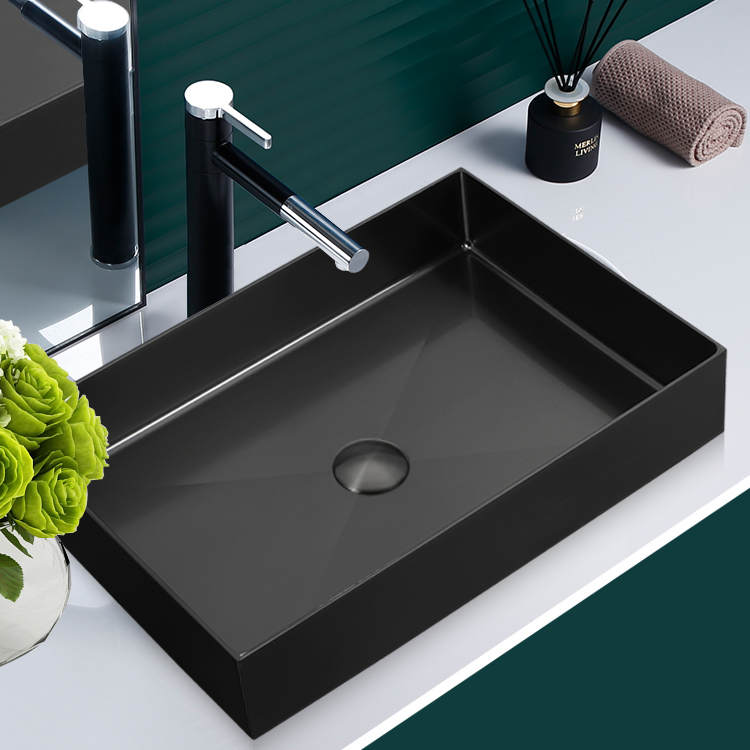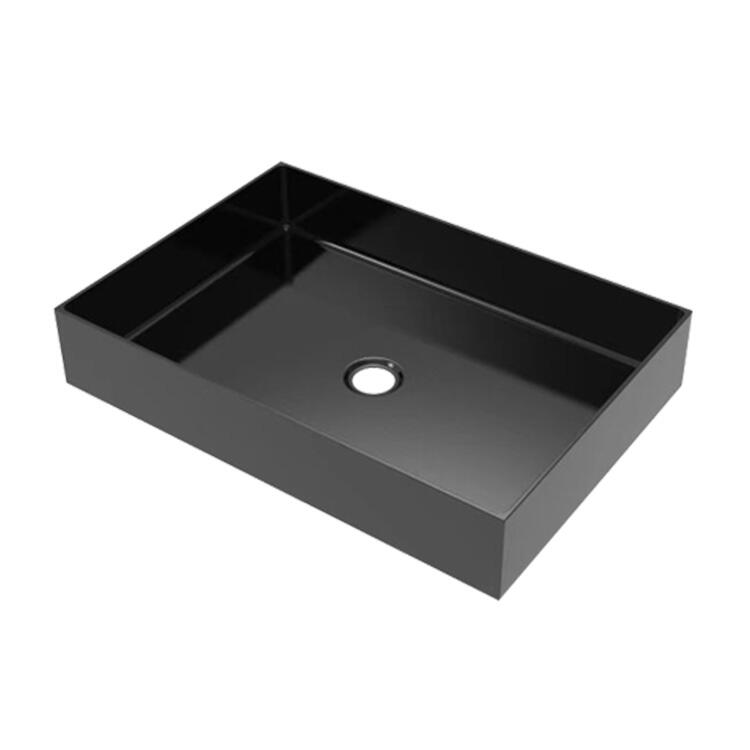Creating Your Perfect Bathroom Oasis with the Right Sink Selection
The bathroom sink serves as both a functional necessity and a defining design element in your space. Whether you're renovating an existing bathroom or designing a new one, selecting the perfect bathroom sink requires careful consideration of your style preferences, space constraints, and daily needs. This comprehensive guide will help you navigate the world of bathroom sinks to find your ideal match.

Understanding Different Bathroom Sink Styles
Pedestal and Wall-Mounted Options
Pedestal sinks bring classic elegance to any bathroom, featuring a basin supported by a freestanding column. These bathroom sinks excel in smaller spaces, creating an airy feel while maintaining a sophisticated appearance. Wall-mounted sinks offer similar space-saving benefits, appearing to float against the wall without any supporting structure beneath, perfect for modern and minimalist designs.
Both styles work exceptionally well in powder rooms and guest bathrooms where storage isn't a primary concern. The clean lines and uncluttered look can make a small space appear larger, while still providing essential functionality.
Undermount and Drop-in Varieties
Undermount bathroom sinks install beneath the counter surface, creating a seamless look that's both elegant and easy to clean. This style works particularly well with solid surface countertops like granite, marble, or quartz. The absence of a rim makes wiping water and debris directly into the sink effortless.
Drop-in sinks, also known as self-rimming sinks, remain a popular choice for their straightforward installation and versatility. They sit on top of the counter with a visible rim that helps contain water splashes. This traditional style suits various bathroom designs and proves especially practical for family bathrooms.
Material Considerations for Bathroom Sinks
Porcelain and Ceramic Solutions
Traditional porcelain and ceramic bathroom sinks offer timeless appeal and proven durability. These materials resist scratches, stains, and chemicals while maintaining their pristine appearance with proper care. The classic white finish complements any color scheme, while newer options include various hues and patterns to match specific design visions.
Both materials provide excellent value, combining affordability with longevity. Their non-porous surfaces prevent bacterial growth and simplify cleaning routines, making them ideal for busy households.
Contemporary Material Innovations
Modern bathroom sink materials include glass, natural stone, copper, and composite materials. Glass sinks create striking visual impact, available in clear, frosted, or colored options that transform the sink into an artistic focal point. Natural stone sinks, carved from marble, granite, or onyx, bring organic beauty and uniqueness to luxury bathrooms.
Composite materials offer exceptional durability while mimicking natural materials at a lower cost. These engineered options resist scratches, stains, and thermal shock, making them practical choices for high-traffic bathrooms.
Size and Placement Considerations
Measuring for Perfect Fit
Accurate measurements prove crucial when selecting a bathroom sink. Consider the available counter space, cabinet width, and plumbing locations. Standard bathroom sinks typically range from 16 to 24 inches in width, but custom sizes accommodate specific needs. Remember to account for faucet placement and ensure adequate clearance for comfortable hand washing.
The sink's depth also warrants attention, particularly in master bathrooms where deeper basins might be preferred for additional functionality. Consider how the sink's dimensions will affect storage space beneath and ensure proper drainage alignment.
Traffic Flow and Accessibility
The bathroom sink's location should promote smooth traffic flow while maintaining adequate space around fixtures. Consider household members' heights and needs when determining optimal mounting height. For shared bathrooms, double sinks might improve morning routines and prevent scheduling conflicts.
Accessibility requirements deserve special attention, particularly for multi-generational households or aging-in-place designs. Wall-mounted sinks with proper clearance underneath accommodate wheelchair access, while lever-handled faucets ensure easy operation.
Maintenance and Durability Factors
Daily Care Requirements
Different bathroom sink materials demand varying levels of maintenance. Porcelain and ceramic require simple daily wiping and periodic deep cleaning with non-abrasive cleaners. Glass sinks need frequent wiping to maintain their sparkle and prevent water spots. Natural stone may require periodic sealing to maintain its protective barrier.
Consider your household's cleaning habits and available time when selecting materials. Some finishes show water spots more readily than others, potentially increasing daily maintenance needs. Choose materials and finishes that align with your lifestyle and cleaning preferences.
Long-term Durability Considerations
Invest in quality materials and construction to ensure your bathroom sink withstands years of daily use. Consider factors like resistance to scratches, stains, and thermal shock. Higher-quality materials might cost more initially but often prove more economical over time through reduced replacement needs and maintained appearance.
Research warranty coverage and expected lifespan for different materials and brands. Professional installation can significantly impact longevity, particularly for undermount sinks requiring proper support and sealing.
Frequently Asked Questions
How much should I budget for a quality bathroom sink?
Quality bathroom sinks typically range from $100 to $1000+, depending on material, style, and brand. Basic porcelain options start around $100, while designer or natural stone sinks can exceed $1000. Remember to factor in installation costs, which vary by sink type and location.
What's the best sink material for a high-traffic bathroom?
For high-traffic bathrooms, porcelain or composite materials offer the best combination of durability and easy maintenance. These materials resist scratches, stains, and daily wear while remaining relatively affordable and simple to clean.
Can I install a new bathroom sink myself?
While drop-in sinks offer relatively straightforward DIY installation, undermount sinks and wall-mounted options typically require professional installation to ensure proper support, sealing, and plumbing connections. Consider your skill level and the complexity of the installation before deciding.



